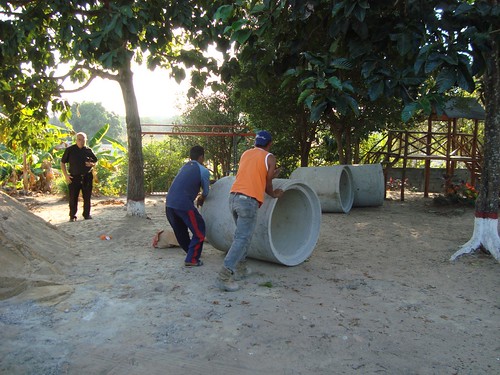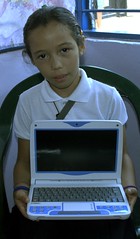
There are two words in New Testament Greek that can be translated into English as “time.” One is χρόνος (chronos), as in chronology, chronic or chronicle.. Chronos expresses the concept of time quantitatively, as a measurable succession of seconds, minutes, hours, days and years.
Καιρός (kairos) is the other
word. It expresses the concept of time qualitatively, in terms of
“the right time” or “a favorable moment.”
The difference between chronos and
kairos might be illustrated with this analogy (which is used more
than once in the Bible itself (Matthew 24:8; John 16:21; Romans 8:22)
to explain the unfolding of God's will). When a woman goes into
labor, it does not matter if it is precisely nine months since
conception (chronos), the time has come for the child to be born
(kairos).
In Matthew 2:7, a form of the world chronos is used when King Herod asks the wise men precisely “what time” the star of Bethlehem had appeared to them in the east (because Herod wanted to calculate the age of the child born to be a king).
Kairos, on the other hand, is the word
used in Mark 1.15, where Jesus says, “The time is fulfilled, and
the kingdom of God is at hand: repent, and believe the gospel.”

For us, it is kairos, the right time
to resurface the wall which faces the street with stone and tile. For
some time (chronos), our building plans have been stalled because of
lack of cement. We now are able to buy cement, although at a much
higher price than in the past. However, thanks be to God,, we
received generous donations at year's end that have allowed us to
purchase all the materials and labor necessary for renovating the
wall.
We hope to accomplish three objectives
by resurfacing the wall:
- To improve the appearance of the entrance of our mission and increase its visibility in the community. This will include, once the resurfacing is complete, the installation of a permanent sign with our new name (Epiphany Lutheran Mission of La Caramuca), the hour of Sunday service and weekday hours of our preschool and afterschool tutoring.
- To fix and seal cracks in the wall.
- To reduce the need for future maintenance.

We also have been able to repair most
of the damage that occurred from a terrific voltage spike a couple of
weeks ago. Our electrical power supply is extremely variable. Once or
twice a week every week we experience a complete loss of power,
lasting from less than half an hour to several hours. Every evening
brings a “brown-out” with the voltage level being much lower than
in the morning. We have voltage regulators, surge protectors and
uninterruptible power supplies, as well as an emergency
gasoline-powered backup generator.
However, one night not long ago, we
experienced a surge in voltage that overcame all our protective
devices and burned out five lightbulbs, a lightswitch, an electric
fan, the power supply and speakers on our desktop computer, and the
electronic control panel on our washing machine.
We have had the washing machine for
nine years and have never had to have it repaired until now. It's not
a Maytag, but rather was built by LG,
a South Korean company said to be the world's second-largest
manufacturer of televisions and fifth-largest manufacturer of cell
phones.
We still need to have some rewiring
done in the prechool. Despite the difficulties that we face in
maintaining electronic equipment, we realize that it has become
indispensable for education here as in the United States. For the
preschool we rely on songs and lessons recorded on CD or DVD.
Internet access is an important part of Luz Maria's afterschool
tutoring. Our desktop computer is equipped with Canaima
Linux, a version of the operating system used in Venezuela's
public school system.
Plans are in place to build a chapel
and additional classrooms. We are grateful to everyone who has
supported us with prayer and financial contributions. If you would
like to help us continue moving forward, please send donations to:
3089 Leyland Trail
Woodbury, Minnesota 55125-3430








